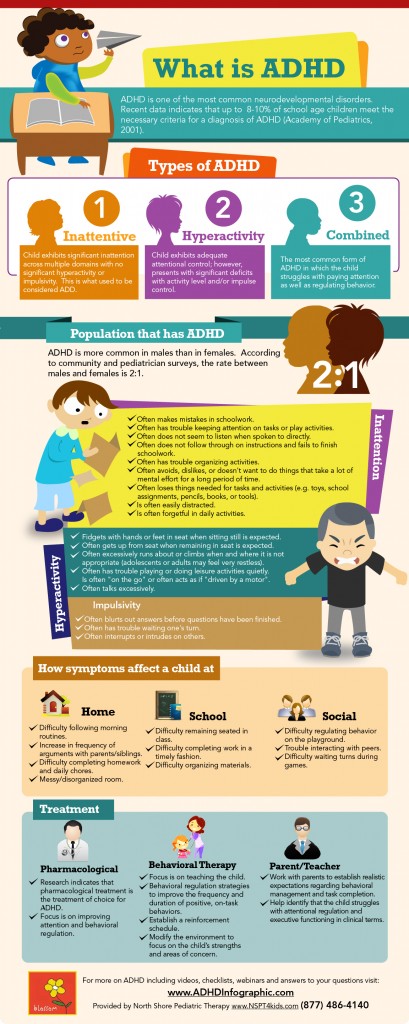What is Attention Deficit Hyperactivity Disorder (ADHD)?

Formerly called Attention Deficit Disorder (ADD), this is a condition most often present from birth that has both negative and positive effects on a person’s ability to adapt to the activities of daily living.
ADHD may cause:
- a heightened level of curiosity
- risk taking behaviour
- overall activity/energy
- difficulty with sustaining attention
- increased distraction
- impulsivity and/or hyperactivity in situations where this is less than optimally adaptive.
Many of the symptoms associated with ADHD may also be caused by other disorders and are often seen in very bright persons who are easily bored is some contexts. It is most important to determine the cause of these symptoms so that appropriate interventions for home and school can be recommended.
An ADHD assessment is done as part of our comprehensive psychoeducational assessment and is especially designed to determine whether or not a diagnosis of ADHD is appropriate and what are the best kinds of interventions and support for a particular individual’s profile.
Adult ADHD
Many adults have recently become aware that they may have the symptoms associated with ADHD but have never had an assessment and have not been diagnosed with this condition. A brief ADHD assessment for adults may be appropriate in this case. This type of assessment consists of a clinical interview and the administration of objective psychological tests and measures specifically designed to assess the level of specific symptoms. Recommendations are made to minimize the negative impact of these symptoms of quality of life.
Articles you may be interested in:
Top 6 Homework Tips for Kids with ADHD
Hyperfocus: A New Symptom of Attention Deficit?
Other ADHD Resources:
Child and Adults with Attention Deficit/Hyperactivity Disoder (CHADD)
